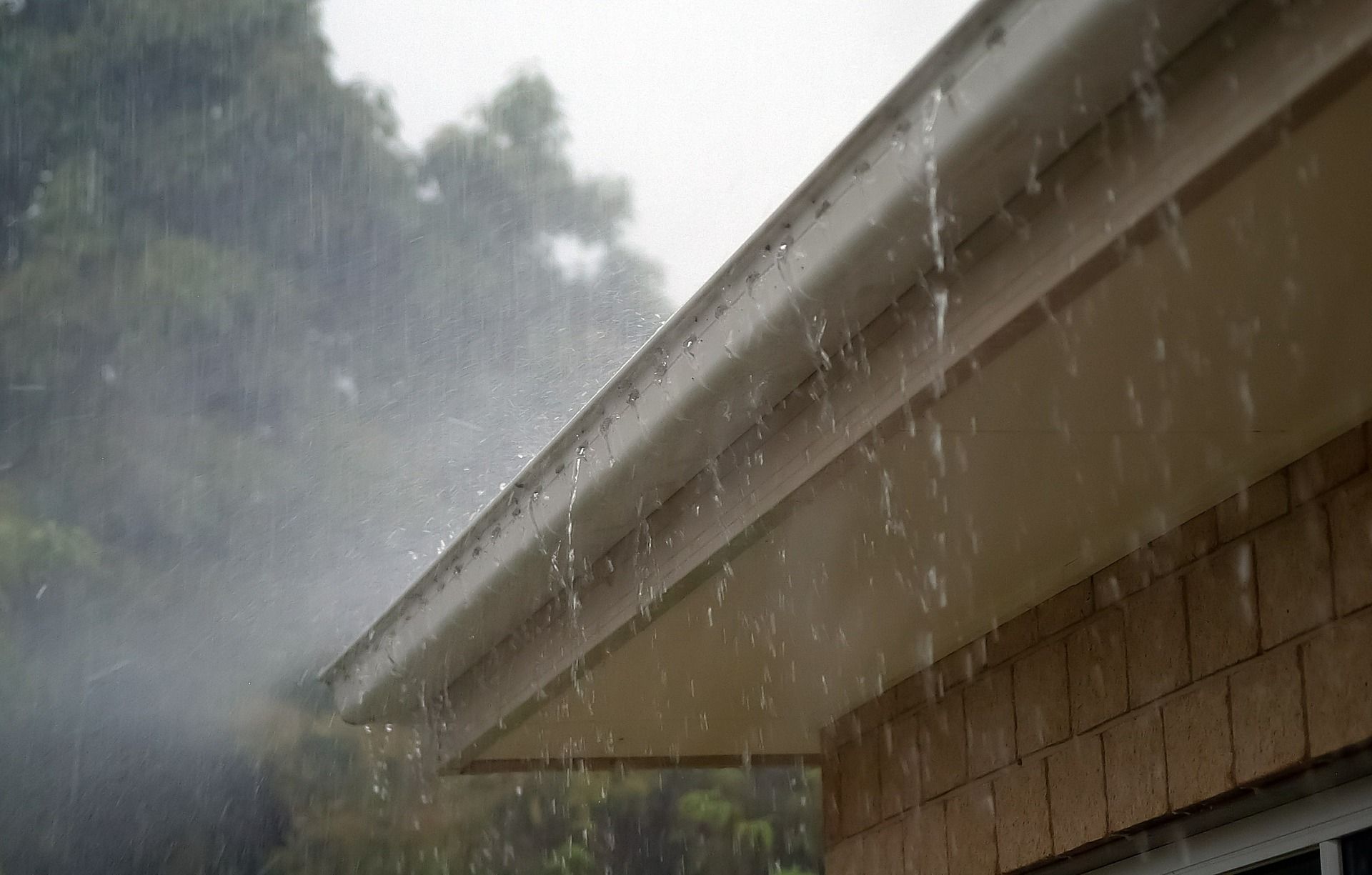Gutters and downspouts are not just for curb appeal. Proper installation of each can protect your home and increase the value of your property. Every home should be outfitted with gutters and many cities are even requiring them on new residential construction. Here are five reasons to install gutters on your home.
1. Prevent foundation erosion
Without gutters, you run the risk of having the soil around your home loosened or pool with water around your foundation. This can cause soil erosion and shifts around your home damaging your home’s foundation. By having gutters installed, you can circumvent much of this damage and help to lessen cracking or erosion to not only your foundation, but driveways, sidewalks and patios, too.
2. Avoid water damage and flooding
Rain can wreak havoc to your basement, your attic, other areas of your home. Without gutters, rain can even get underneath your siding. Gutters help prevent flooding in homes and water damage such as mold and mildew to siding.
3. Protect landscaping
Gutters are designed to route rainwater to areas of your lawn and landscaping that can handle larger quantities of water. This may mean gutters are directing water to bare patches within your lawn, areas that will not pool with water or right into the sewer. Without gutters, the risk can mean damage to flowerbeds, grass or even landscaping bricks and other features around your home.
4. Circumvent staining
If you notice staining on your bricks or masonry on the exterior of your home, it’s likely that your gutters and downspouts are not placed in the appropriate spots (or you don’t have any to begin with). Gutters add to the life of your brick and other exterior components of your home preventing wear and tear, and maintaining the colors of your original masonry work.
5. Conserve water
Go green with your home by collecting rainwater from your downspouts. Many residents use rain harvesting methods to conserve water, using it to water their gardens and lawns, wash vehicles, refill fountains or fishponds, and even give their pets a bath! Typically, rainwater can be used in place of tap water and is one way to lessen your environmental footprint. If you’re a green thumb, here are some good tips on how to collect rainwater for your garden.
An additional feature to gutters is to have gutter guards installed. Doing so may help prevent clogged gutters and downspouts. You’ll want to talk to a professional about the type of gutter guards that can work for your home. And although gutter guards are a great way to mitigate clogs, most gutters do need to be inspected throughout the year to ensure nothing out of the ordinary is causing backup that can damage your home.
Proper installation of gutters and downspouts is essential to protecting your home. Before jumping into the new gutter game, ask a professional to provide an assessment of your roofline and house structure. Soil quality and water flow around your home will also be important to assess to ensure proper placement of downspouts and confirm water isn’t flowing back toward the house. Your hired roofing professional can determine the correct gutter system needed to ensure water drains properly and your home is protected.

